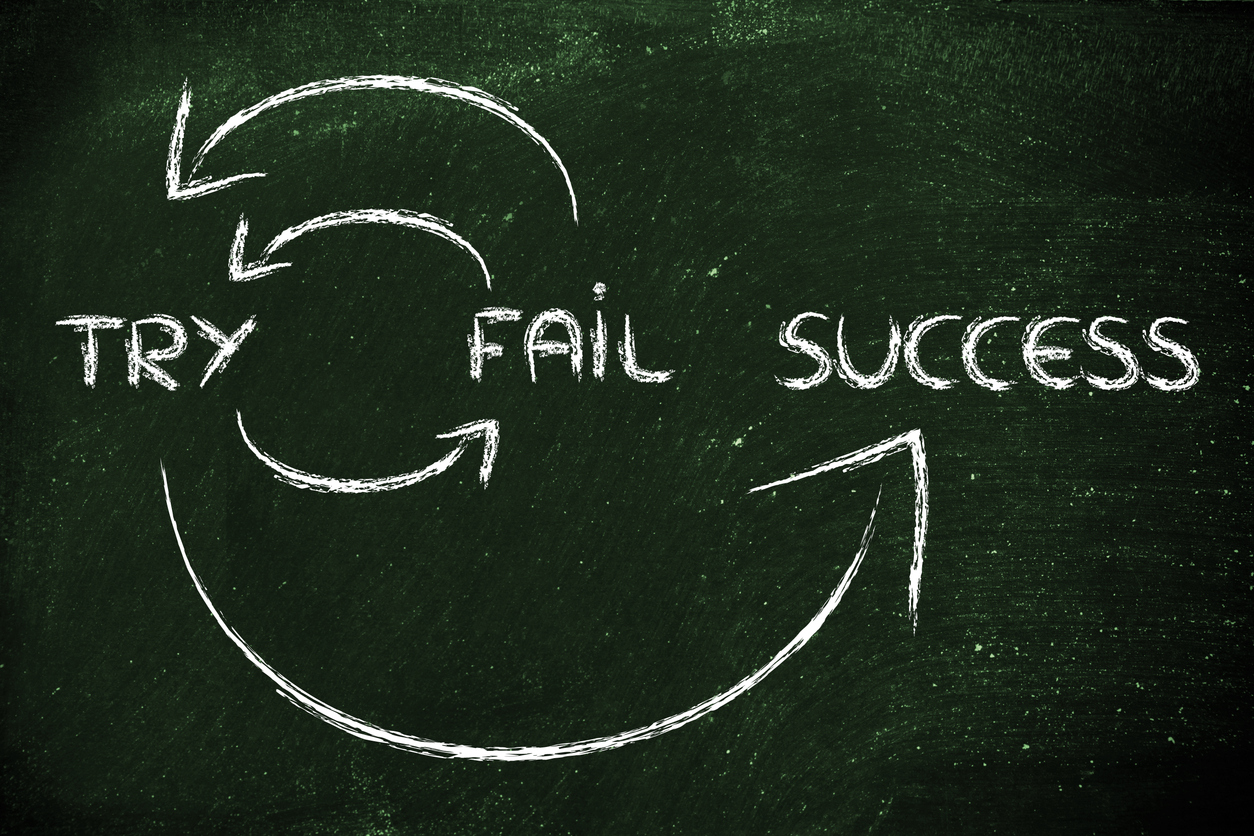Environmental sustainability: how to take care of our planet for the future
Were you aware that global warming was first detected in the 19th century? This phenomenon is a result of a production model adopted in the First Industrial Revolution, the direct implication of which is an increase in greenhouse gases and, in turn, an increase in global temperature. In fact, according to NASA data, the temperature has increased by more than one degree since the end of the 19th century.
The situation has worsened in recent years, due to factors such as globalisation, population growth, and the exponential increase of production activities. Thus, various organisations and governments have warned about our approach to the point of no return, warning of the real danger posed by the temperature increase for our planet.
To deal with this, the Climate Summit, held in Glasgow at the end of 2021, involved updating commitments to achieve what had already been agreed in the Paris Climate Accord (2015), with participating countries accepting the need to reduce CO₂ emissions by 45% by 2030.
The point is that conscious management of natural resources is not only a question of supply, but also a way of ensuring the quality of life of all those who inhabit this planet. That's why, today more than ever, the need to forge a path towards the green transition has become a worldwide emergency.
However, to find out how we can each contribute to environmental sustainability, it is essential to understand what the concept means, what problems it entails and what measures to take on an individual, professional and collective level.

What environmental sustainability is and why it needs to be guaranteed globally
According to Sphera, the leading provider of Environmental, Social and Governance (ESG) performance and risk management software, environmental sustainability is “the responsibility to conserve natural resources and protect global ecosystems to support health and wellbeing, now and in the future”.
Nowadays, we understand the concept of environmental sustainability as the balance achieved in a harmonious relationship between humans and nature. As the Wiese Foundation explains, it "implies promoting economic development and achieving it, but without threatening or destroying the environment, in other words, environmental impact must be minimum".
While the study of climate issues has a long history, it was in the 1970s that activism grew with regards to the environment, and international organisations began to take action on the matter. In 1972, the first Environment Conference was held in Stockholm, Sweden, an event which witnessed the signing of the first major international agreement. From then on, a series of pacts and conferences were made that laid the foundations for the current goals to tackle the climate crisis.
Against this backdrop, the term "sustainability" first appeared in 1987, with the Our Common Future report, which made clear that no progress is possible if it's not aligned and balanced with the environment.
However, at present, sustainable development not only covers environmental aspects; it also -as established by the Economic Commission for Latin America and the Caribbean (CEPAL)- reflects a "complex equilibrium between different perspectives on the relationship between the environment and socio-economic activities". Thus there are three pillars or dimensions: economic, social and environmental.
This is why achieving environmental sustainability depends on the commitment not only of countries but also of companies, organisations and individuals. We all play an active role in changing our patterns of productive development, and the benefits can be reaped in quality of life as well as in economic terms.

What environmental sustainability strategies should companies and organisations take on board
In 2015, 193 countries agreed on the 17 Sustainable Development Goals (SDGs) which are designed to create a more egalitarian and just world, as well as to halt the advance of climate change by the year 2030. Although there are many challenges, these goals define socio-economic development in the future within a framework of environmental sustainability.
In fact, companies can greatly benefit from including strategies aligned with these goals in their agendas. The process is one that not only involves businesses, but also individuals who are modifying their consumption patterns in search of more environmentally conscious products and services.
A report by the Business and Sustainable Development Commission revealed that business models linked to SDGs could access economic opportunities to the tune of USD 12 trillion and increase employment by 380 million jobs by 2030.
So, in order to benefit from this production transformation, while helping with the transition to a green economy, some of the environmental sustainability strategies that companies can adopt are:
Reducing energy consumption and moving to renewable alternatives: overhauling the infrastructure of facilities and the use of existing energy flows and implementing other non-fossil fuel sources.
Using local resources: buying from local suppliers saves energy on transport, while also fostering the development of communities the companies are located in.
Circular economy principles: working towards net-zero waste is not only a more natural model but a more sustainable one too. It implies reducing the excessive extraction of natural resources, as well as of environmental pollution.
Environmentally-friendly transport management: it is key for a company's managers to foster sustainable transportation practices, by implementing a range of staff policies to get them all involved in the transformation. For example, encouraging staff to travel by bike, car-share, or use public transport to get to work.

Contribute to environmental sustainability with the Santander Open Academy Sustainability | Skills for the Green Transition - Cambridge Judge Business School
Well aware of the need to act on climate change and the protection of natural resources, and as part of its commitment to education and continuous learning as one of the best drivers to accelerate the transition towards a green economy, Banco Santander is launching the call for 1,000 Santander Open Academy | Skills for the Green Transition 2023, all this with Santander Universities and Cambridge Judge Business School, with which you will acquire the necessary tools to engineer a cleaner future.
Over six-weeks, in this 100% online course, you will gain an understanding of environmental challenges and acquire the tools you need to address them. You will create your own individual action plan, explore the impact of green initiatives on markets and organisations, as well as how companies are reacting to environmental pressures.
Additionally, if you successfully complete the course, you will receive a certificate from Cambridge Judge Business School, the world's leading research institution on today’s environmental issues. And remember, the course is free for all beneficiaries, whether or not they are Banco Santander customers, and does not require a university degree.
Are you over 18 and want to work for a cleaner future? If you want to acquire all the knowledge and tools to contribute to a sustainable development, sign up for the Santander Open Academy | Skills for the Green Transition 2023. Make the most of this opportunity and start generating solutions to lead the change!
(At this moment the Santander Open Academy | Skills for the Green Transition 2023 call has ended, but we encourage you to have a look at the Santander Open Academy website to find the training that best suits you and give a boost to your professional career. Make the most of the opportunity!).

More interesting posts to read...
-
 12/04/2024 | Santander Universidades
12/04/2024 | Santander UniversidadesGrowth mindset: examples in the workplace to develop the right attitude toward challenges
Card text -
 01/03/2024 | Santander Universidades
01/03/2024 | Santander UniversidadesThe sandwich technique: how to deliver criticism in an assertive way
Card text